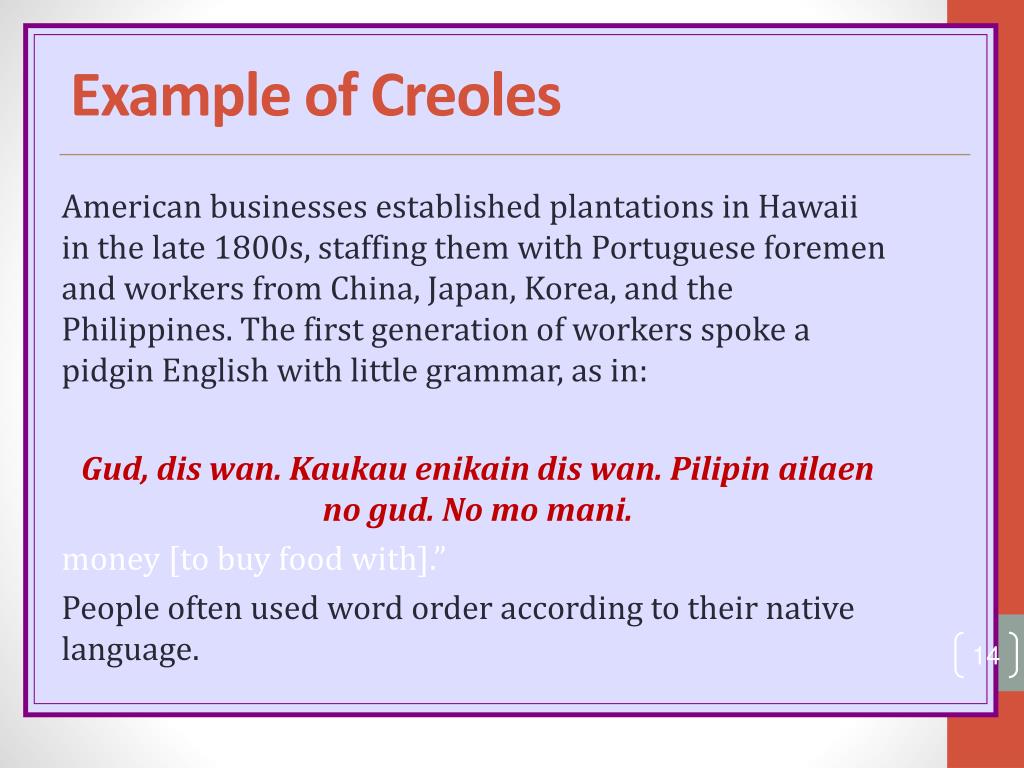

( 哪 ( where ) 去 ( to ) meaning "to where are you going?" or "where are you headed?".) Also driver asking passenger "where do you want me to take you?". ( 不 ( no ) 行 ( go ), meaning "not okay", or "option not taken".) Also "the latest attempt failed" often used to describe some early space program efforts. ( 不 ( no ) 能 ( can ) 做 ( do ), meaning "to be unable to do".) Also the imperative "do not attempt to do!". ( 丟 ( lose ) 臉 ( face ), meaning to bring shame upon oneself.) ( 看 ( look ) 見 ( see )) This phrase is attributed to Chinese pidgin English by the Oxford English dictionary. The Oxford English Dictionary states that "long time no see" originated in the United States as "a jocular imitation of broken English.".

The meaning can also be mutual "we have not seen each other in a long time"). ( 好 ( very ) 久 ( long time ) 不 ( not ) 見 ( see ) (Simplified: 好久不见), meaning "haven't seen in a long time") and the Cantonese 好耐冇見 (meaning the same. long time no see is similar to the Mandarin phrase.The following is a list of English expressions which may have been influenced by Chinese. Typical sentences in Chinese Pidgin are Hab gat rening kum daun (Have got raining come down) “There is rain coming down” Tumoro mai no kan kum (Tomorrow my no can come) “Tomorrow I can't come” and Mai no hab kachi basket (My no have catch basket) “I didn't bring a basket.” Influence on EnglishĬertain expressions from Chinese English Pidgin may have made their way into colloquial English, a process called Calque. Grammar and syntax are simple and positional that is, grammatical categories are indicated by the position of words in the sentence rather than by inflectional endings, prepositions, or the like (e.g., in English “John loves Mary” is distinguished from “Mary loves John” by the position of the words in the sentences). FeaturesĬhinese Pidgin English was based on a vocabulary of about 700 English words, with a small number of words from other sources. English language teaching has been widespread throughout modern Chinese history- it was made the country's main foreign language in 1982. Chinese Pidgin continued in use until about the end of the 19th century, when Pidgin came to be looked upon by the Chinese as humiliating (because English speakers considered it ridiculous) and so preferred to learn standard English instead.Ĭhinese Pidgin English began to decline in the late 19th century as standard English began to be taught in the country's education system. The term "pidgin" itself is a corruption of the pronunciation of the English word "business" by the Chinese. Because the British found Chinese an extremely difficult language to learn and because the Chinese held the English in low esteem and therefore disdained to learn their language, Pidgin English was developed by the English and adapted by the Chinese for business purposes. Chinese Pidgin started in Guangzhou (Canton), China, after the British established their first trading port there in 1664. Historically, it was a modified form of English developed in the 17th century for use as a trade language or lingua franca between the British and the Chinese. "Yangjing Bang English" in Chinese (洋涇濱, or 洋泾浜) derives from the name of a former creek in Shanghai near the Bund where local workers communicated with English-speaking foreigners in pidgin (broken English). Chinese Pidgin English was spoken first in the areas of Macao and Guangzhou, later spreading north to Shanghai by the 1830s.

English first arrived in China in the 1630s, when British traders arrived in South China.


 0 kommentar(er)
0 kommentar(er)
